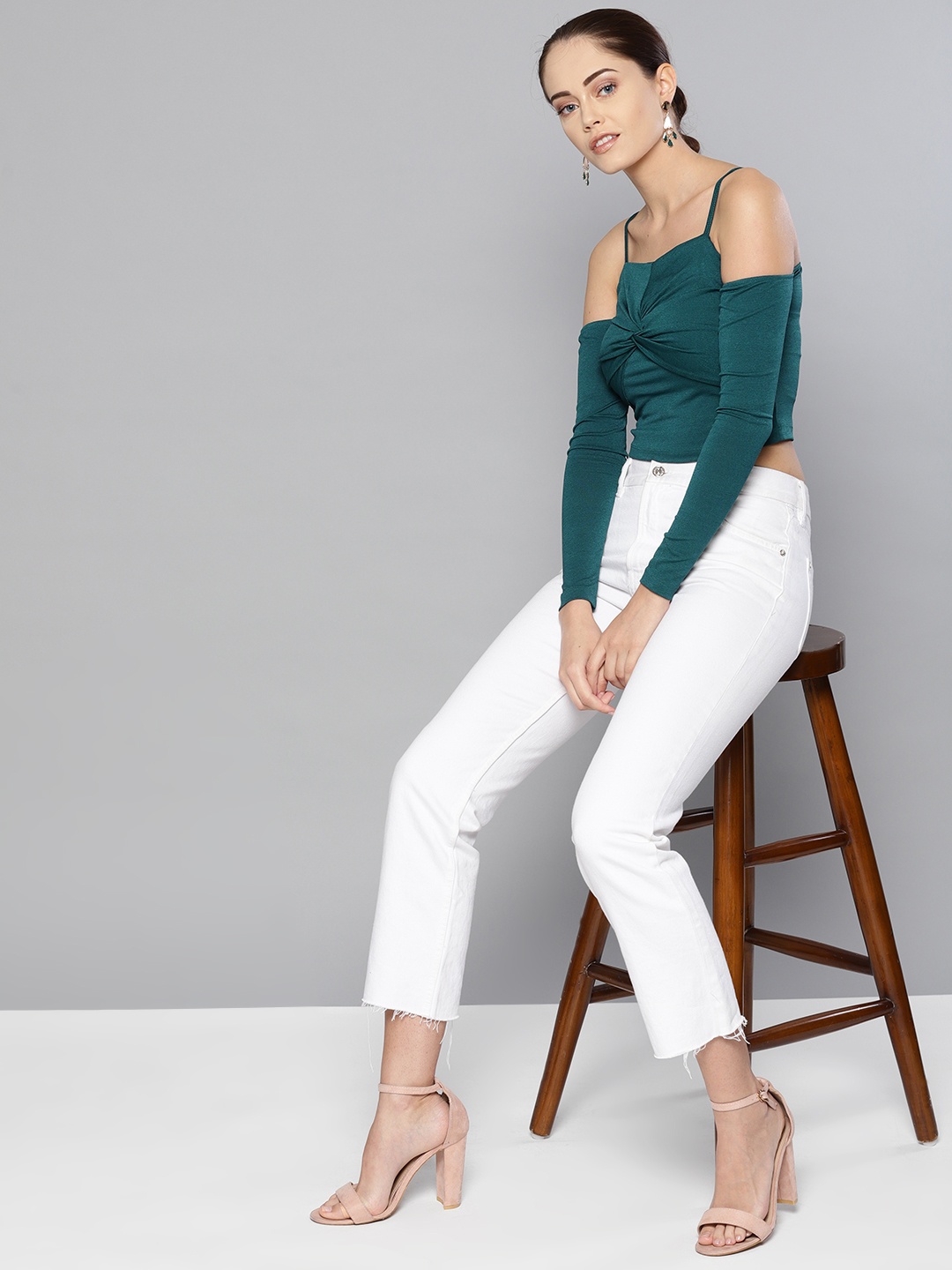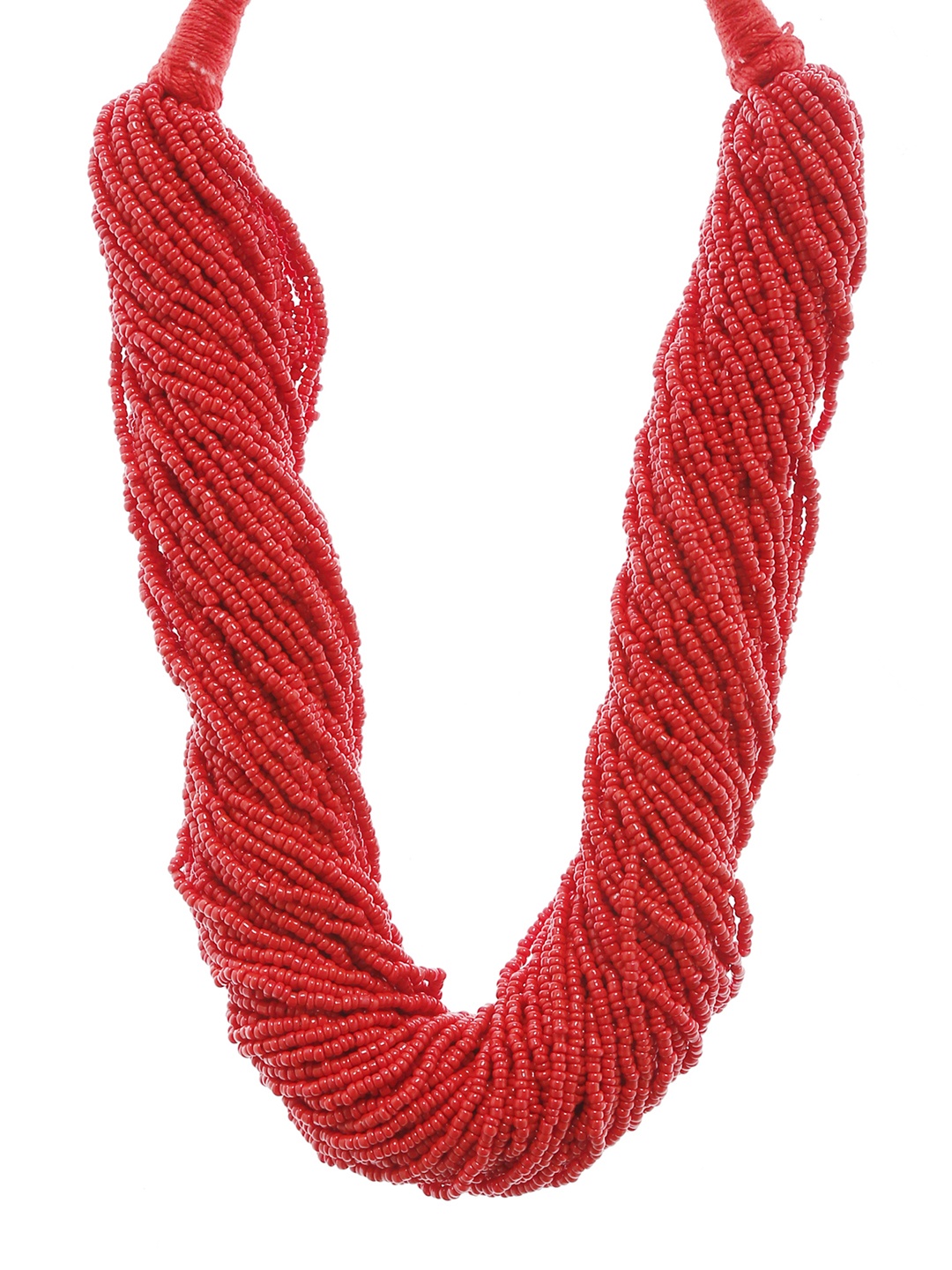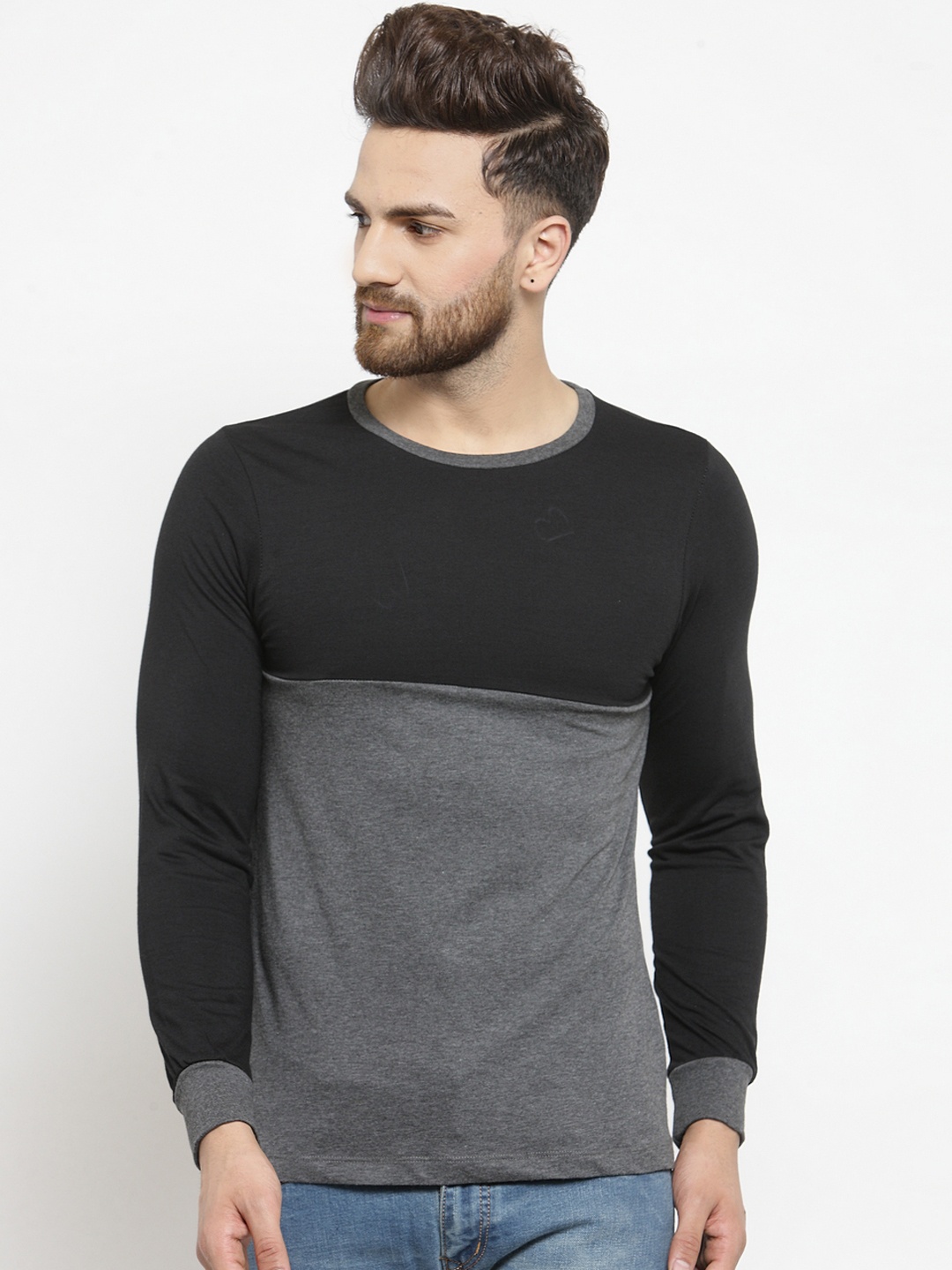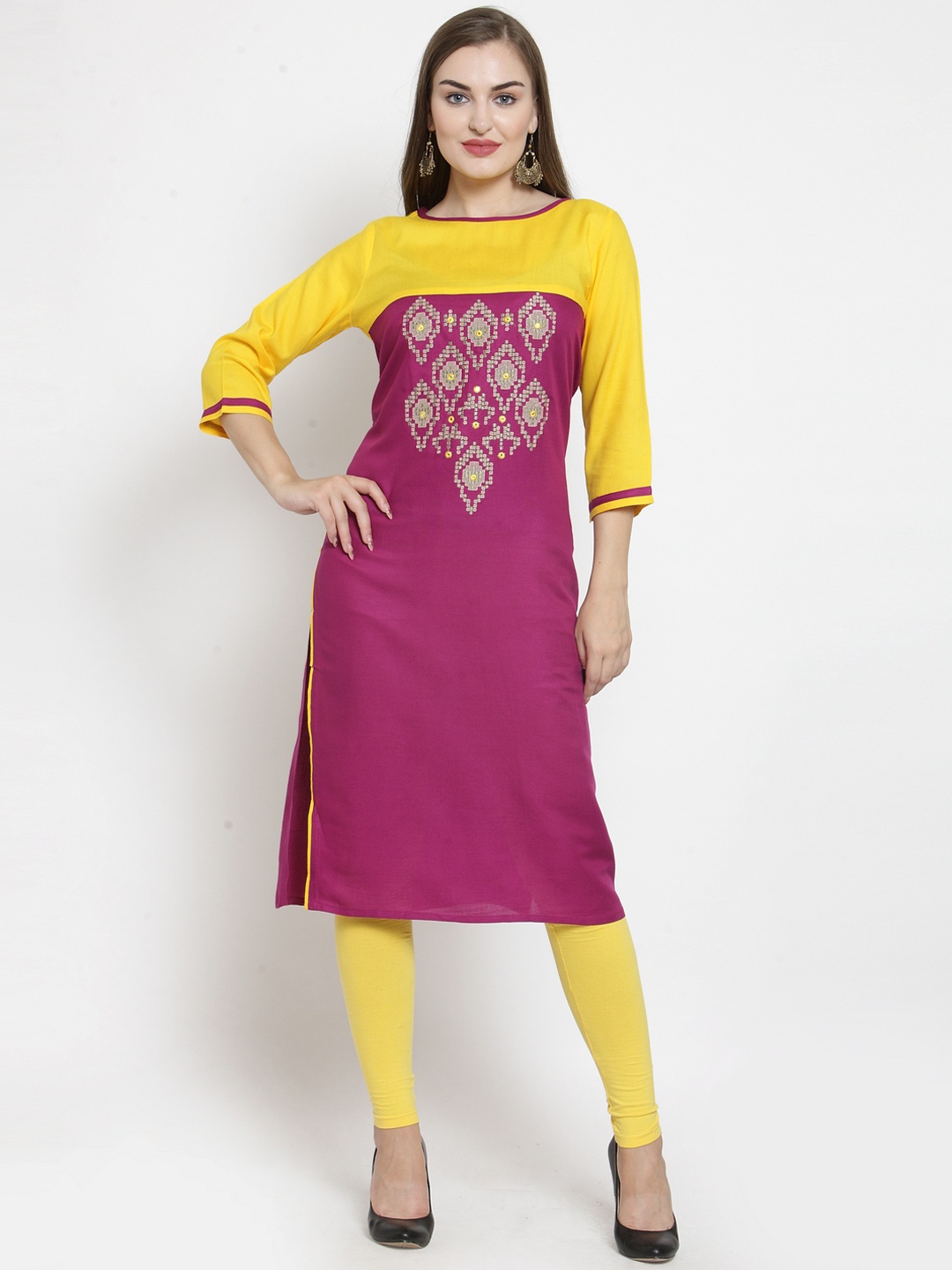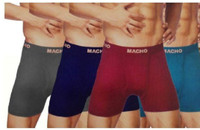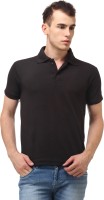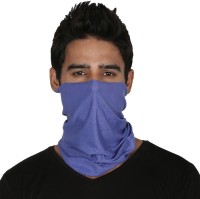10 Eye Strain Myths Busted: What Glasses Can and Cannot Do - Here Is The Truth
Every time eyes feel tired, itchy or heavy, someone suggests a pair of spectacles. While glasses can reduce discomfort from eye strain, they cannot cure all vision issues or permanently prevent fatigue caused by habits like extended screen use. 10 myths decoded.
Do Glasses Reduce Eye Strain? 10 Myths And Truths Explained.
Picture this: it's late evening, the office lights are harsh, and after hours of juggling spreadsheets, messages and video calls, the eyes begin to scream for mercy. A friend leans over and says, 'You should just get glasses, that'll fix everything.' Sounds familiar, doesn't it?
There's a comfort in believing that one accessory can solve a world of discomfort. Spectacles are often given superhero status, credited with preventing eye strain, curing headaches, and even improving concentration. But like any misunderstood hero, glasses are often blamed or praised for things they were never designed to handle.
This article lifts the fog on 10 popular myths about glasses and eye strain. Each section peels back layers of half-truths, offering clarity on what lenses actually do, and what they simply cannot. Notably, glasses do not weaken your eyesight, they simply correct vision and help relieve eye strain, contrary to the myth that wearing them makes your eyes lazy. Whether you've worn glasses for years or are considering buying a pair, these insights could save you both confusion and money.

Let us untangle the truth behind common beliefs around eye strain and explore what glasses can and cannot do for weary eyes.; Photo Credit: Pexels
1. Glasses Are a Guaranteed Cure for Eye Strain
One of the biggest myths is that a pair of spectacles is the ultimate remedy for tired eyes. In reality, eye strain isn't always about poor vision. More often, it's about habits, staring at screens for hours, working under dim light, or skipping breaks. Glasses only correct refractive errors like short-sightedness or long-sightedness; they don't fix the fatigue caused by endless scrolling or binge-watching.
Think of it like buying running shoes. They help you run comfortably, but they don't guarantee stamina if you never train. Similarly, glasses help the eyes focus better, but if the eyes are overworked, strain will still creep in.
A practical tip is the 20-20-20 rule: every 20 minutes, look at something 20 feet away for 20 seconds. It's a simple pause that refreshes the eyes far better than relying solely on lenses. So, while glasses can be part of the solution, the real cure lies in balancing screen time, posture and light.
2. Reading Glasses Prevent All Headaches
Many assume that headaches vanish the moment reading glasses are perched on the nose. While correcting vision can reduce eye-related headaches, not every headache is linked to eyesight. Stress, dehydration, sinus trouble, or even skipping lunch can be the culprits.
Imagine a student preparing for exams. Hours of late-night study with poor posture and hardly any breaks trigger pounding headaches. A pair of glasses may ease blurred text, but they won't erase the stress or sleeplessness behind the pain.
Doctors often remind patients that headaches are multi-layered. Glasses help when the root cause is eye strain due to refractive errors. But if headaches continue even after an accurate prescription, it's time to look beyond eyewear and address lifestyle habits. Regular hydration, enough sleep, and posture corrections often work wonders. In short, don't expect spectacles to double up as painkillers, they're designed to sharpen sight, not silence every throb in the temple.
Also Read: The Ultimate Guide To Find The Perfect Sunglasses For Your Face Shape
3. Expensive Lenses Mean Zero Strain
There's a common belief that the pricier the glasses, the greater the relief. While high-quality lenses have their benefits, better coatings, lighter frames, anti-glare surfaces, there's no guarantee they'll erase all strain. Spending ₹10,000 on a pair doesn't automatically make eyes invincible.
Take anti-glare coatings, for example. They do reduce reflections from computer screens or headlights, making night driving easier. But if someone spends eight straight hours in front of a laptop without breaks, even the most premium pair will surrender to fatigue.
The truth is, strain is about usage, not just optics. Even budget-friendly lenses, if matched correctly to prescription and need, can offer the same clarity as luxury ones. Of course, comfort and durability might differ, but strain isn't eliminated by price tags. Choosing the right frame size, keeping lenses clean, and maintaining healthy screen habits are far more effective than stretching the wallet unnecessarily.
4. Glasses Stop Screen-Related Fatigue Completely
With screens ruling daily life, many believe glasses act as a protective shield against digital fatigue. Blue-light filtering lenses, for instance, are often marketed as miracle cures. They can reduce glare, yes, but they don't block all strain.
Consider office workers glued to dual monitors all day. Glasses may help sharpen text and reduce glare, but the body still battles posture issues, neck stiffness, and long stretches of concentration. Fatigue in such cases isn't just optical, it's physical and mental.
A more effective solution is a mix: proper ergonomics, frequent screen breaks, and the right spectacles if required. Adjusting screen brightness to match the room light also eases pressure. Glasses are a tool, not armour. Expecting them to shield eyes from every consequence of excessive screen time is like expecting an umbrella to block heat as well as rain, it works partly, but not entirely.

Get top myths and truths about eye glasses reduce eye strains; Photo Credit: Pexels
5. Wearing Glasses Weakens the Eyes
This myth is so persistent that many delay buying spectacles out of fear they'll 'spoil the eyes.' The idea is that once you start wearing them, your vision will deteriorate faster. Science firmly disagrees.
Glasses don't change the biology of the eye. They simply bend light in a way that makes images clearer for the retina. If someone's prescription changes over time, it's usually because the eye's natural condition is progressing, not because of the glasses.
It's like blaming slippers for foot size changing over the years. The glasses only support; they don't alter natural growth or ageing. In fact, not wearing glasses when needed often leads to more strain, squinting and discomfort. So instead of worrying about weakening eyes, think of glasses as a supportive partner, helping to see the world sharply while nature does its own work in the background.
6. Children Don't Need Glasses for Eye Strain
Parents sometimes believe children never suffer from eye strain, or that glasses for young ones are unnecessary. But children, with their marathon cartoon sessions or mobile games, are just as vulnerable. Their developing eyes may even experience more stress from prolonged screen time.
Picture a child hunched over a phone for hours. The complaints of 'blurry words' or 'burning eyes' aren't excuses, they could be signs of strain. Corrective glasses, if prescribed, help them see better and reduce extra effort. Ignoring this may affect not just comfort but also academic performance.
However, not every case of strain in children demands glasses. Sometimes, simple steps like limiting screen use, encouraging outdoor play, or ensuring proper lighting do the trick. The key is early eye check-ups and awareness. Glasses, when needed, empower kids to focus better, not an indulgence, but a necessity for growing minds.
7. Glasses Alone Improve Night Vision for Everyone
Another myth is that slipping on a pair of glasses makes night driving safe for all. Glasses can sharpen vision for those with refractive errors, but they don't magically enhance night vision in healthy eyes.
Low light affects everyone. Even people with perfect eyesight may struggle with glare from headlights, poorly lit roads, or tired eyes. Special anti-reflective coatings help reduce glare, but they can't eliminate the risks of fatigue or bad driving conditions.
Think of glasses as a torch in the dark. They make things clearer, but if the road itself is full of potholes and poor lighting, the torch has its limits. Safe driving still requires rest, caution, and responsible habits like avoiding mobile distractions. Spectacles are aids, not enchantments, and it's wise not to overestimate their reach after sunset.

Get top myths and truths about eye glasses reduce eye strains; Photo Credit: Pexels
8. Using Glasses Regularly Makes Eyes Dependent
It's common to hear people say, 'Don't wear them too much, your eyes will get used to it.' But dependence on glasses isn't about the eyes changing, it's about the brain appreciating comfort. Once vision is corrected, the brain prefers clarity over blur, so naturally, not wearing glasses feels uncomfortable.
Imagine switching from high-definition television back to a fuzzy old set. The eyes haven't weakened; you've simply grown accustomed to a clearer view. Similarly, wearing spectacles daily doesn't create dependence, it only highlights the difference between corrected and uncorrected vision.
Doctors recommend wearing glasses as prescribed, without worrying about imaginary side effects. Skipping them only strains the eyes further, leading to more fatigue and possibly even headaches. Instead of fearing dependence, it's wiser to embrace the comfort they offer, the way one embraces a cushioned chair after a long day.
9. Glasses Prevent Ageing Of Eyes
Some believe glasses are like anti-ageing creams for the eyes, slowing down natural decline. Unfortunately, spectacles can't halt ageing. Presbyopia, the gradual difficulty in focusing on near objects after the 40s, is a natural process. Glasses help manage it, but they don't reverse or prevent it.
Think of it like using spectacles as reading assistants. They bridge the gap between the eye's reduced flexibility and the need to see clearly. But the ageing process continues regardless. Just as moisturiser doesn't stop wrinkles but makes skin feel smoother, glasses don't freeze time but ease the journey.
The practical approach is regular eye check-ups, timely adjustments in prescription, and healthy habits, nutritious food, proper sleep, and outdoor breaks. These work in harmony with spectacles. Glasses provide clarity, but ageing gracefully is still up to lifestyle and genetics.
10. Contact Lenses or Surgery Make Glasses Obsolete Forever
Finally, there's the belief that once contact lenses or corrective surgery are chosen, glasses are history. While these options provide freedom, they don't always eliminate the need for spectacles.
Contact lenses can be tiring for long hours or unsuitable for dry eyes. Surgery, while effective, doesn't guarantee perfect lifelong vision. Presbyopia, for instance, still catches up, and reading glasses may be needed later.
Think of it as upgrading a phone. The new model offers great features, but eventually, it too ages and requires support. Glasses remain a reliable backup, comfortable, cost-effective, and maintenance-friendly. Even those with surgery often keep a pair handy for specific tasks.
So, while alternatives exist, glasses never truly leave the scene. They're the quiet, dependable companion, stepping in when other solutions fall short.
Products Related To This Article
1. AKAYI Full Rim Oval Anti Glare & Blue Cut Computer Glass For Men & Women
2. Anemone Full Rim Rectangle Anti Glare & Blue Cut Computer Glass For Men
3. IME Full Rim Wayfarer Blue Cut Computer Glass For Men & Women
4. Intellilens Full Rim Wayfarer Anti Glare & Blue Cut Computer Glass For Men & Women
5. Lenskart Blu Full Rim Cat-eyed Anti Glare & Blue Cut Computer Glass For Women
Glasses are remarkable tools, but they aren't magical wands. They sharpen vision, reduce certain strains, and offer comfort, but expecting them to solve every eye-related issue only leads to frustration. Eye strain is often a result of habits, lifestyle, and natural ageing, factors beyond the reach of spectacles.
The wisest approach is balance: wear glasses when needed, follow healthy screen practices, take regular breaks, and invest in good sleep and nutrition. Regular eye check-ups ensure timely care, while small lifestyle tweaks protect vision better than any luxury frame.
In the end, glasses aren't the heroes we misunderstand; they're steady allies. Appreciating their true role helps set realistic expectations, saves unnecessary expense, and most importantly, keeps eyes healthier and happier in a world that rarely lets them rest. Shop these eyewear collections online.
Disclaimer: The images used in this article are for illustration purpose only. They may not be an exact representation of the products, categories and brands listed in this article.
